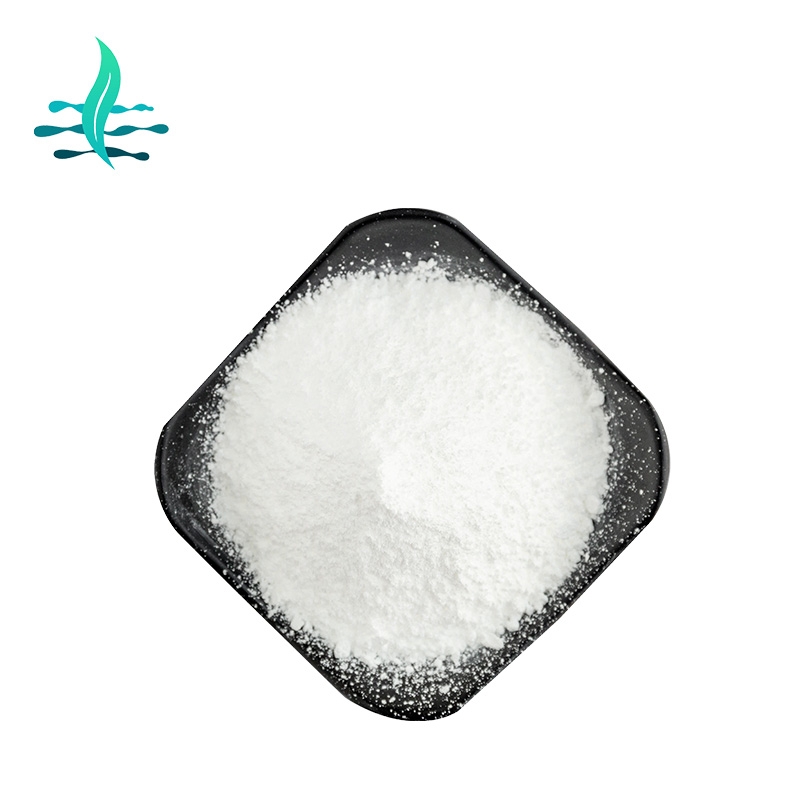-
Categories
-
Pharmaceutical Intermediates
-
Active Pharmaceutical Ingredients
-
Food Additives
- Industrial Coatings
- Agrochemicals
- Dyes and Pigments
- Surfactant
- Flavors and Fragrances
- Chemical Reagents
- Catalyst and Auxiliary
- Natural Products
- Inorganic Chemistry
-
Organic Chemistry
-
Biochemical Engineering
- Analytical Chemistry
-
Cosmetic Ingredient
- Water Treatment Chemical
-
Pharmaceutical Intermediates
Promotion
ECHEMI Mall
Wholesale
Weekly Price
Exhibition
News
-
Trade Service
Shanghai August 9, 2012 / Biovalley BIOON/ -- recently, in a research report published in the International Journal Small, researchers from Clemson University have successfully collected and reused some enzymes while ensuring their biological activity These enzymes are globulins produced by organisms, which can increase the proportion of biochemical reactions Stephen, the researcher, said that we have found a simple and powerful way to collect and attract some special enzymes and use them for reuse These enzymes still maintain their biological activity after collection It is very difficult to separate a single protein from the complex in the purification process, and it is very important to determine the function, structure and reaction of the protein Researchers used nanoparticles as bait to capture and reuse enzymes They designed a target for adsorbing enzymes on the surface of the particles, allowing the enzymes to bind to the particles After removing the granules, the enzymes can still maintain their activity This method of decoy particles provides an efficient technology for separating enzyme mixtures, which will bring new technology to the field of biomedicine The researchers have established a comprehensive model to concentrate and extract known enzyme pairing, but it is not effective in identifying unknown enzymes This new technology also paves the way for the treatment of cancer, because we can focus on the exterior of nanoparticles to separate specific enzymes necessary for the growth of cancer cells The purpose of the combination is to change the cell concentration of cancer key proteins, so as to interrupt the ability of cancer cells to spread, so as to ultimately control cancer Compiled from: researchers collect and reuse enzymes while maintaining bioactivity doi: 10.1002/smll.201200013 PMC: PMID: substrate baited nanoparticles: a catch and release strategy for enzyme recognition and harvesting Michael A daniele1, Yury P bandera1, deepti sharma2, parul rungta1, Ryan roeder1, Michael g sehorn2, Stephen H Foulger1,*
The isolation of a single type of protein from a complex mixture is vital for the characterization of the function, structure, and interactions of the protein of interest and is typically the most laborious aspect of the protein purification process In this work, a model system is utilized to show the efficacy of synthesizing a “baited” nanoparticle to capture and recycle enzymes (proteins that catalyze chemical reactions) from crude cell lysate Enzyme trapping and recycling is illustrated with the carbazole 1,9a-dioxygenase (CARDO) system, an enzyme important in bioremediation and natural product synthesis The enzymes are baited with azide-modified carbazolyl moieties attached to poly(propargyl acrylate) nanoparticles through a click transformation Matrix-assisted laser desorption/ionization time-of-flight mass spectrometry (MALDI-TOF) and sodium dodecyl sulfate polyacrylamide gel electrophoresis (SDS-PAGE) analysis indicates the single-step procedure to immobilize the enzymes on the particles is capable of significantly concentrating the protein from raw lysate and sequestering all required components of the protein to maintain bioactivity These results establish a universal model applicable to concentrating and extracting known substrate–protein pairs, but it can be an invaluable tool in recognizing unknown protein–ligand affinities.







